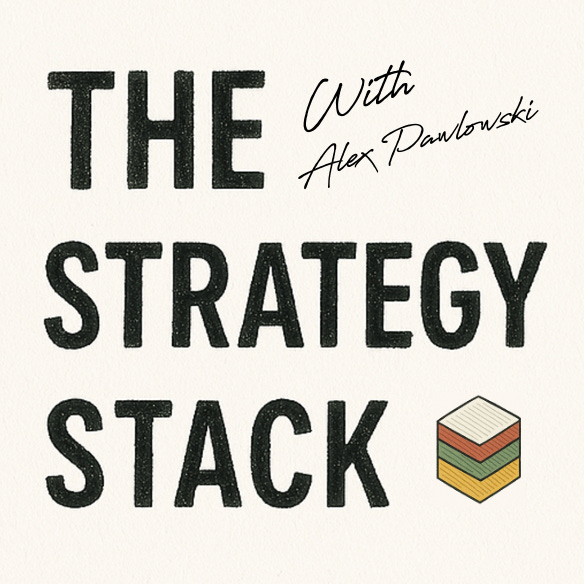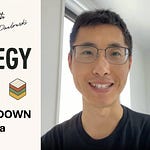👥 Featuring:
Guest: Joel – Creator of Leadership & Change, Head of Marketing Ops & Innovation at World Relief, AI-for-Good Advocate
Host: Alex (The Strategy Stack)
Key Topics Covered
Joel shares his multicultural upbringing, professional journey, and mission to empower underserved communities through technology and education. As a Bolivian-Argentinian raised in South America and now leading innovation at a global nonprofit, his perspective blends grassroots pragmatism with digital foresight.
The conversation begins with Joel’s path from international development to thought leadership on Substack, where he merges leadership coaching with accessible AI tools. Joel and Alex discuss how digital tools—especially AI—are redefining what it means to scale impact. A recurring theme is "capability without access": while AI offers unprecedented leverage, too many people still lack internet or digital literacy to benefit from it.
They dive into how World Relief uses custom GPTs and automation to respond to humanitarian crises—cutting turnaround times from hours to minutes. Joel frames AI not just as a force multiplier, but as a bridge across global inequities, giving the example of fundraising for disaster relief in Myanmar amid civil war and earthquake fallout.
The duo also reflect on educational reform, arguing that current models still train kids for a world that no longer exists. Joel offers a vision for AI-enhanced education—where each student’s learning style, pace, and background shape their curriculum. He proposes AI as a vehicle for justice, personalization, and access in otherwise rigid systems.
The dialogue expands into macro-level questions: What does a multipolar digital world look like? Can ideology keep up with acceleration? How should governments approach access, literacy, and ethics? Their mutual answer: with nuance, guardrails, and a long-term vision that puts people—not just platforms—at the center.
💡 Takeaways
From Alex:
True systems change isn't about introducing new tools—it's about redistributing opportunity.
Education needs to move from answer-based learning to inquiry-based modeling.
In the ambient AI future, each user becomes a variable in a live environment.
From Joel:
AI allows under-resourced teams to punch far above their weight—if they know how to use it.
Future-proofing means understanding context, not just learning tools.
It's not enough to open doors. Access without capability is still exclusion.
A world where everyone has the same tools won’t be flat—it’ll be fragile unless grounded in values, literacy, and community.















Share this post